From aiding in digestion to improving energy and endurance, incorporating some (or all) of these bitter foods into a balanced diet will help naturally sweep your body clean and up your fitness game.
Arugula
1 of 11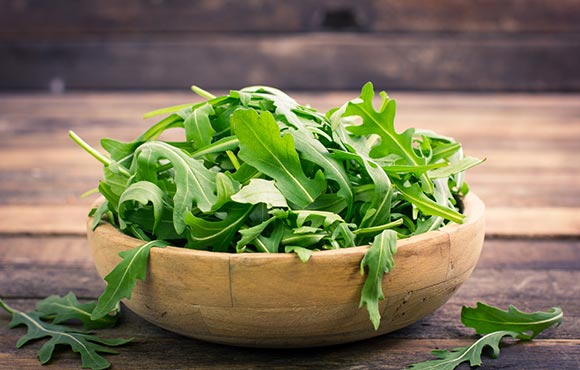
Arugula is commonly considered a leafy green, but it's actually from the brassicaceae family of vegetables (think: broccoli, cabbage, cauliflower). This vegetable is particularly useful in helping your liver stimulate bile production, which helps detoxify the body. It also regulates immune function and aids in cancer prevention.
Arugula's peppery flavor has a natural cooling effect on the body and, like other greens, it hydrates. Try using arugula as the base for your next salad.
Coffee
2 of 11
Coffee is a powerful detoxifier for the liver and the colon. The aromatic legume contains theobromine, theophylline and caffeine, which increases bile flow and dilates blood vessels. Some studies show drinking coffee may also help the liver regulate itself. And as most athletes know, it can boost performance.
Bitter Melon
3 of 11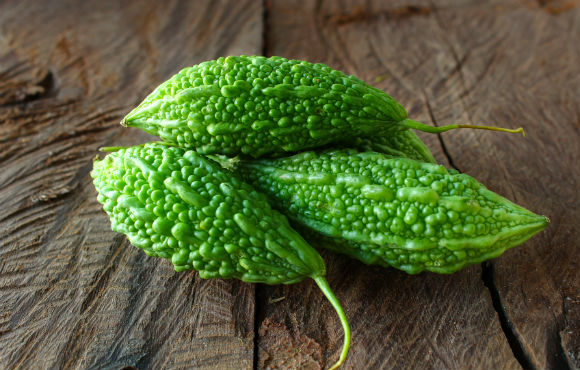
Popular in the tropical regions of the Caribbean, South America, Africa and Asia, bitter melon resembles a small cucumber with bumpy skin. It's a significant ingredient in the diet of the Okinawans, who have some of the longest life expectancies of all humans.
The biochemical compounds of bitter melon have antibacterial properties that clean the blood, ramp up the immune system and tone down inflammation. It can be eaten raw, cooked, juiced or steeped in tea.
Dill
4 of 11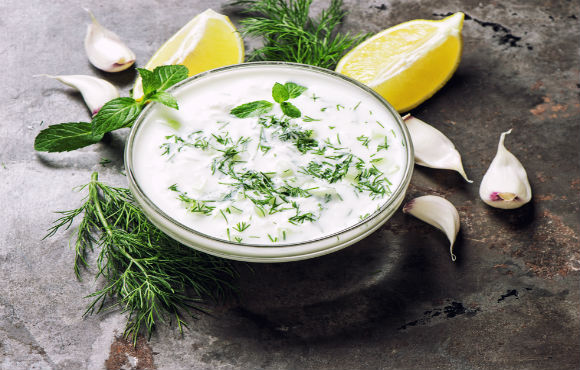
Dill is a natural antibiotic and has the ability to fight free radicals. The oils in dill contain a compound called carvone, which can relieve an upset stomach, reduce gas and help push food through the digestive system, making it a good toxin flusher.
Fun fact: Hippocrates used dill as a mouth cleanser because it also fights bad breath. Put fresh dill in sauces and salad dressings, and pile it on top of salmon.
Dandelion Greens
5 of 11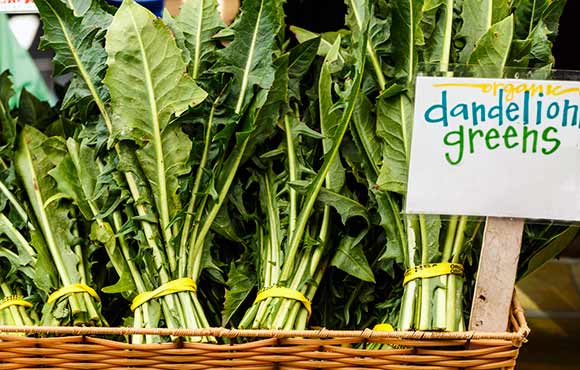
Dandelion greens seem to be able to do it all: cleanse the liver, relieve constipation and diarrhea, reduce gas build-up, assist in weight reduction, prevent and lower high-blood pressure, reduce inflammation and the long list goes on. They're also high in protein: One cup contains 1.5 grams.
Try adding raw dandelion greens to your green smoothies. You can mask their bitter flavor with fresh ginger and pineapple.
Jerusalem Artichokes
6 of 11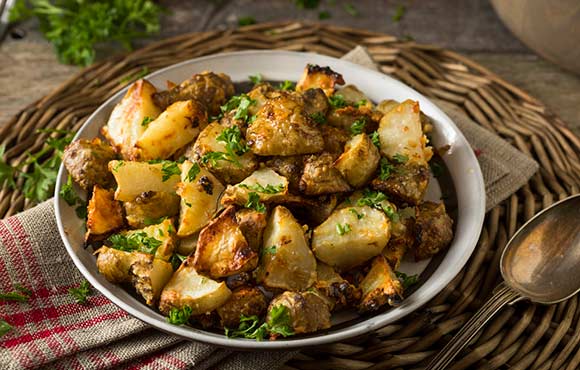
These knobby potato-looking vegetables are rich in inulin, which is a starch that's handled by the body differently than sugars. Although its not used for energy metabolism, starch has been shown to control blood sugar and improve the immune system. Jerusalem artichokes are also high in iron, magnesium, potassium and B vitamins.
Saffron
7 of 11
Hand-plucked from the dried stigma of the flower of Crocus, saffron is one of the most highly valued—and expensive—spices in the world. Good news, however: A little goes a long way. You only need a thread or two to flavor an entire dish and reap its rewards.
Saffron is an antioxidant and improves blood circulation. It also helps athletes ease fatigue and muscle inflammation by assisting the tissues in getting rid of lactic acid, which is built up after vigorous exercise.
Kale
8 of 11
If vegetables held popularity contests, kale would reign as king. Kale is infiltrating recipe sites, books, the trendiest of restaurants and the diets of athletes—and for good reason. With all its vitamins, antioxidants, anti-inflammatory properties and calcium, its superfood status is warranted. And kale's sulfur and soluble fiber make it a great detoxifier. Add it to salads, soups and superfood bowls.
Sesame Seeds
9 of 11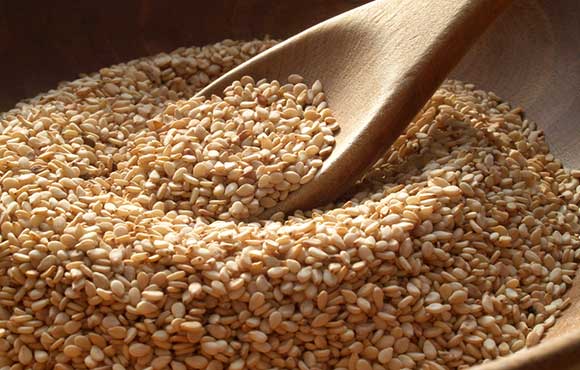
Sesame is one of the oldest cultivated plants in the world and was used as medicine in Egyptian times, some 3,600 years ago. Roman soldiers also ate sesame seeds and honey for energy and strength. Sesame seeds, which help cleanse the colon, are high in calcium and magnesium. Choose raw and unprocessed seeds when you can.
Turmeric
10 of 11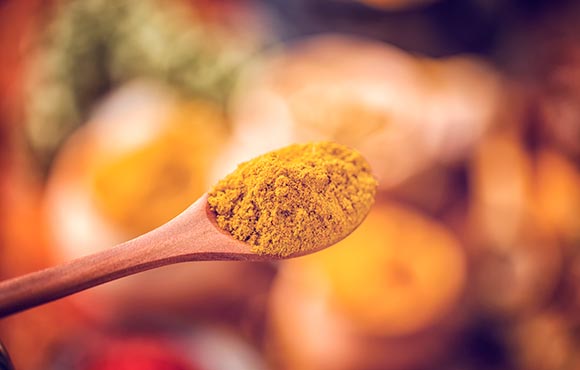
This common Indian spice helps cleanse the blood, regenerate damaged liver cells, and fight indigestion and inflammation. The latter makes it an effective recovery food for athletes because it enhances muscle repair. If taken before exercise, it helps prevent muscle damage.
It's also a natural painkiller, which bodes well for those who want to enhance performance. Add the ground spice to curries or throw fresh turmeric into rice, marinades or smoothies.
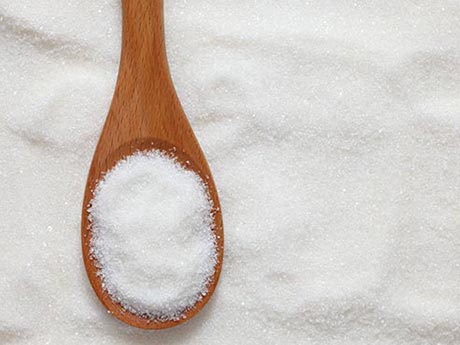



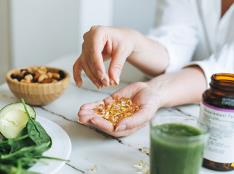

Discuss This Article